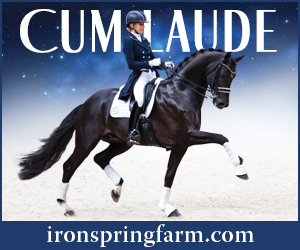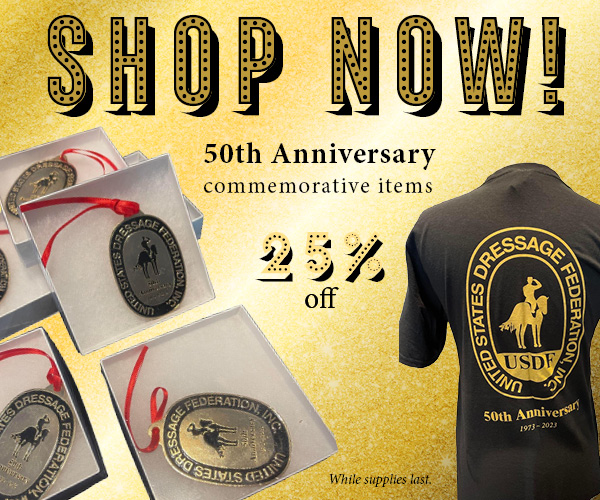By Bethany Larsen
Horses. Large, expensive, fragile. They eat a vast portion of their weight in hay, produce an unseemly amount of waste, and are unable to care for themselves. Why do we own them? Why do our hearts melt when we see them? Why do we love them so?
Anyone who has ever been around a horse has a sense of their size and power, and suddenly becomes acutely aware of where his or her feet are at all times. You don’t want to be stepped on by one of those giant paper weights! Yet, regardless of their outward appearance, horses are also one of the most delicate creatures imaginable. First, let’s address their sensitivity. They can feel a single fly land on them and through an impressive display of acrobatics can successfully discharge said intruder. I have not seen anything stop a cantering horse in its tracks as quickly as a bug on his head, which apparently in his mind demands prompt removal, regardless of his rider’s forward urges. Believe me, I have been one of these riders, and it’s quite a shock! Even the presence of water sitting too long in the hair of his back or on his legs can cause the skin to rot or the legs to swell beyond definition.
And then there is the ongoing concern of the horse’s digestive system. If you have one of those horses that can eat anything with no ill effects and will even willingly eat any necessary medication like it is candy—consider yourself blessed. I have seen horses that can eat no grain whatsoever for fear of gas colic; horses that must have his hay wet or even steamed to reduce allergens and dust; and horses with consistently loose stool even while eating the blandest hay imaginable. They can colic due to weather change, diet change, workload change, and travelling. And don’t even get me started on stomach ulcers. As horse owners, we learn to analyze the contents of the stall upon every cleaning, and I’m sure there are many of you that have cheered upon the sight of a good pile of manure after long hours of waiting and hoping. We get their manure tested for worm egg counts, and their blood analyzed for certain vitamin levels. I don’t know about the rest of you, but I’m not as intimately acquainted with my diet as I am with that of my horse.
Finally we come to the issue of soundness. With four legs, I find myself pouring over four areas of my horse’s body before and after each ride. Check for heat. Check for swelling. With one swift kick of the leg, a horse can render himself useless for a few days as he makes contact with a fence, his other legs, or even by simply stepping it down on a rock. With so many bones, tendons, and ligaments, one wrong move can immobilize the horse so much as to mean fodder for the predator if he were in the wild. And our farrier bills give us a monthly reminder of the importance we place upon properly maintaining these fragile four legs.
It seems inevitable, however, that with the possession of a horse also comes those times that he is unrideable as he suffers and recovers from a sickness or lameness. Consuming something he shouldn’t have, injuring himself while getting his bucks out in the paddock, or even a freak accident—any one of these things can halt the progress of his riding and training for a large span of time. And so sits a hay burning, waste producing, attention demanding, and vet-bill accumulating creature with whom we can do nothing. We set goals for our riding and goals for our competing, which are put on hold, deferred to another, or maybe not even accomplished because of this everyday risk with horses.
As riders, our health can be a gamble too as we deliberately put ourselves on top of these half-ton animals. The danger for injury can be high if something were to go awry. Even on the most trustworthy horse it is recommended to wear a helmet, for we cannot forget that these horses can still have a well-placed spook, at which time the horse is only concerned for his own safety. Even the day to day chores of mucking and lugging feed can put stress on the body of a rider to the point that she must take a break from riding, not to mention anything else that may occur outside of the barn.

So between the two beings of horse and rider, those moments are precious when both are in good health and the dance can progress. But with our involvement with horses we must realize that this is not always the case. It’s a game of chance. And in both the good times and the bad it remains a costly habit. So what is our appeal? What is it that keeps us coming back day after day? Why do we inhale deeply and breathe out a calming sigh as we step into the smells of the barn?
It’s the nicker we hear as our horse sees us walking down the hill. It’s the smile that steals across the face of the troubled teen as she is kissed by his soft muzzle. It’s crossing the finish line of the 100 mile trek after the doubts of completion. It’s the first steps of soundness after months of rest and rehab. It’s coming down the centerline when you once thought it wouldn’t be possible. It’s the first steps of the gangly newborn foal. It’s the first time in the saddle after years of absence. It’s the feeling of flying when you were told you could never walk again. It’s the shiny coat, healthy body, and manicured hooves of one you weren’t sure was going to make it. It’s the giggle of the child as she trots for the first time. It’s looking out the window and gazing upon the peaceful sight of a grazing horse. It’s the pat on the neck after a test seen through to completion. It’s the free gallop across the plains as all one’s cares melt away. It’s pushing the nerves aside and entering the ring with a smile of confidence. It’s the laugh shared with the judge after a “hold onto your breeches” kind of ride. It’s his mane soaking up the tears of a woman after the trials of life seem to be too much to bear. It’s the beauty. It’s the passion. It’s the dance. It’s the journey.
This is why we love horses. This is why we get up early every day and work. Through all the ups and downs that we face along this journey, march right along and conquer it alongside your horses. Continue to give your very best, and you will have a friend for life and memories to last a lifetime.
Bethany Larsen is co-owner and head trainer at Topline Dressage in Powhatan, VA accepting horses for boarding and training and students for lessons. She is a USDF Bronze and Silver Medalist and holds national breed titles at varying levels in the sport.















